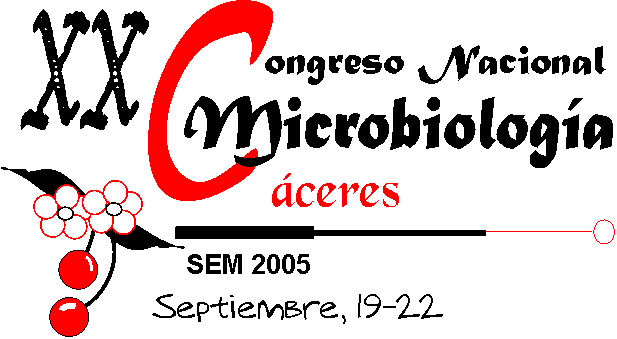

A - 330
1Department of Industries, School of Exact and Natural Sciences, University of Buenos Aires, Ciudad Universitaria (1428) Buenos Aires, Argentina; 2Department of Analytical Chemistry, Nutrition and Food Science, LHICA, School of Veterinary Sciences, University of Santiago de Compostela, E-27002 Lugo, Spain; and 3College of Biotechnology, Institute of Aquaculture, University of Santiago de Compostela, E-15782 Santiago, Spain. E-mail: jbarros@lugo.usc.es
The characterisation of new strains of lactic acid bacteria (LAB) from farmed fish and with potential application as biopreservatives against both Listeria monocytogenes and Staphylococcus aureus.
Twenty-five strains of LAB isolated from the muscle of farmed turbot were investigated. Genetic identification of the bacteriocin-producing LAB strains was performed by means of a new PCR method using novel BAL1/BAL2 and BAL5/BAL6 16S-rRNA-targeted primers. Maximum bacteriocin production by Lactococcus lactis ssp. lactis USC-39, Enterococcus faecium USC-46 and Enterococcus mundtii USC-51 was detected in the stationary phase of growth. Both acidification and the production of hydrogen peroxide by LAB were ruled out as source of the inhibition. In contrast, the antimicrobial activity of all three LAB strains was inactivated by the addition of proteinase K, this confirming the proteinaceous nature of the inhibition. The activity against L. monocytogenes was maintained in the 3.5-5.5 or 3.5-6.5 pH range, depending on the LAB strain. Likewise, inhibition of S. aureus strains was observed in the 3.5-4.5 and in the 3.5-5.5 pH ranges, depending on the LAB strain and on the S. aureus strain tested. Bacteriocin activity was stable in all three strains after heating the cell-free extract for 60 min at 100ºC, or even for 15 min at 121ºC, in all the three LAB strains, and after extended refrigerated storage for 21 days at 4ºC.
The acidic and heat-resistant bacteriocins produced by the three LAB strains isolated from turbot, able to inhibit the growth of both L. monocytogenes and S. aureus –to our knowledge a not widely reported feature– may find application as biopreservatives in fermented and/or heated food products.